Generally speaking, we think that "Travel" Is a fantasy, but this may not be the case, because according to einstein's theory of general relativity, we are often "Travelling" Through time, but we don't notice it. "We are just not aware of it. So how does this happen? Let's talk about it below.
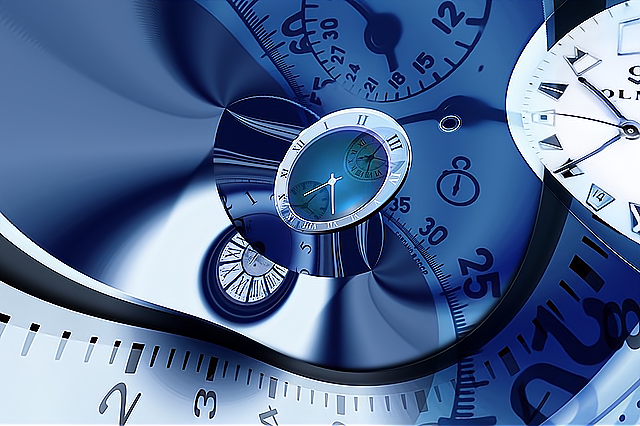
Einstein pointed out in his theory of general relativity that gravity can slow down time, and that the greater the gravitational force on the same object, the slower the time it feels, for which he also gave the following formula to calculate (t in the formula stands for the time of the observed, t for the time of the stationary reference system, g for the gravitational constant, m for the mass of the celestial body generating the gravitational field, r for the distance between the centre of the gravitational field and the (c represents the speed of light in a vacuum).
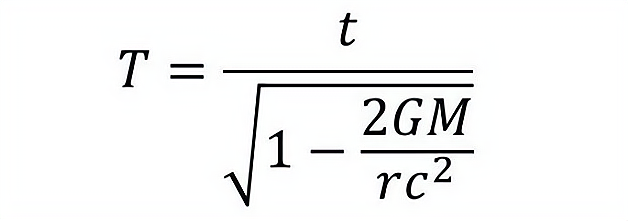
Substituting the relevant data into the above equation, we can calculate that for the same object, its time is about 1.09 x 10^-16 seconds faster for every 1 metre rise in altitude on earth. We can see that when we go up and down the stairs, we are in fact "Travelling" Through time. For example, when we go up to the 12th floor (at a height of about 44 metres), we feel that the time is about 1,000 trillionths of a second faster than the time on the 1st floor.

It is clear that although we often 'travel' through time, we do not perceive such small deviations in time.
This phenomenon is known as "Gravitational time dilation", which seems a bit confusing because we are under the impression that gravity should only act on matter with mass, whereas time is an abstract concept, i.e. Time is not matter at all, let alone mass, so the question arises, why would gravity slow down time? Why does gravity slow down time? To answer this question, we need to first understand the central theory of general relativity, the principle of equivalence.
What is the "Equivalence principle"?

Let's start with a simple example. I'm sure we've all been in a lift before, and we all know that when the lift starts up, we will obviously feel a force in the opposite direction of the lift's movement (for example, if the lift goes up, the force will go down).
Now imagine a person in a completely isolated vehicle in a state of weightlessness, how would that person feel when the vehicle is moving upwards at an acceleration equal to the gravitational acceleration of the earth? The obvious answer is that he would feel that he was subjected to the exact same force as the earth's gravity.
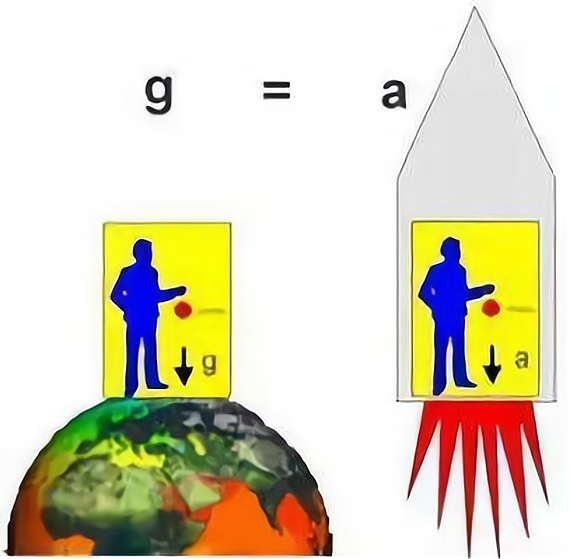
This means that a gravitational field is indistinguishable from a reference system with proper acceleration, in other words they are equivalent. This is the simple explanation of the "Equivalence principle" Mentioned above, according to which we can describe a gravitational field in terms of a reference system with a suitable acceleration.
So what does this have to do with time?

In fact, this comes from the "Principle of the invariance of the speed of light", i.e. The speed of light in a vacuum is constant regardless of the reference system in which it is observed, which simply means that for a beam of light travelling in a vacuum, whether you are moving against it or with your back to it, the speed of the light in your eyes is 299792458 m/s.
Why is this the case? The answer, unfortunately, is that we don't know. We can assume that this is an objective phenomenon like "Positive and negative charges attract each other", and we do not know how it works.
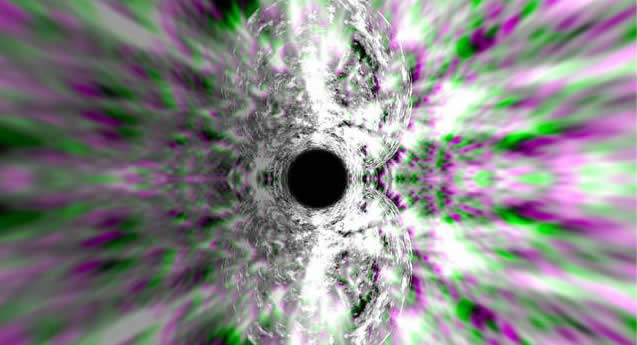
In special relativity, the "Constant speed of light principle" Is taken as an axiom, and einstein argued that since the speed of light is constant, time and space change, and from this it is assumed that the faster an object is, the slower it perceives time, which is called the "Clock-slow effect this is known as the "Clock-slow effect".
This is known as the "Clock-slowing effect". According to the "Equivalence principle", a gravitational field is equivalent to a reference system with acceleration, so it follows that since speed can slow down time, a gravitational field can also slow down time, and the stronger the gravitational force of a gravitational field, the faster the acceleration of its equivalent reference system, and the slower time becomes.
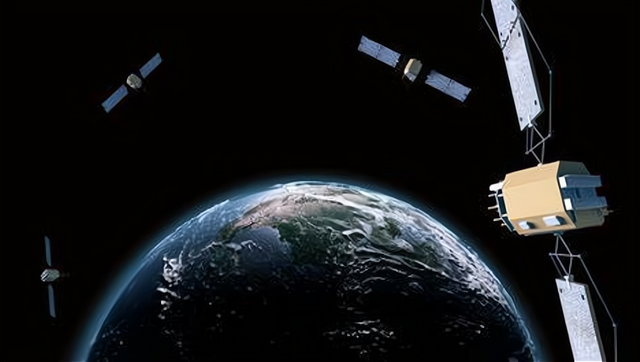
It should be noted that the phenomenon of "Gravitational time dilation" Has long been known to exist in practice, for example in the case of gps systems operating at an altitude of about 20,000 km, which have to take into account the time deviations caused by "Gravitational time dilation", if not. If this were not done, the system would not be able to position itself accurately at all.
It turns out that we are constantly 'travelling' through time, but we just don't notice it, so i have to say, the universe is really amazing, don't you think?